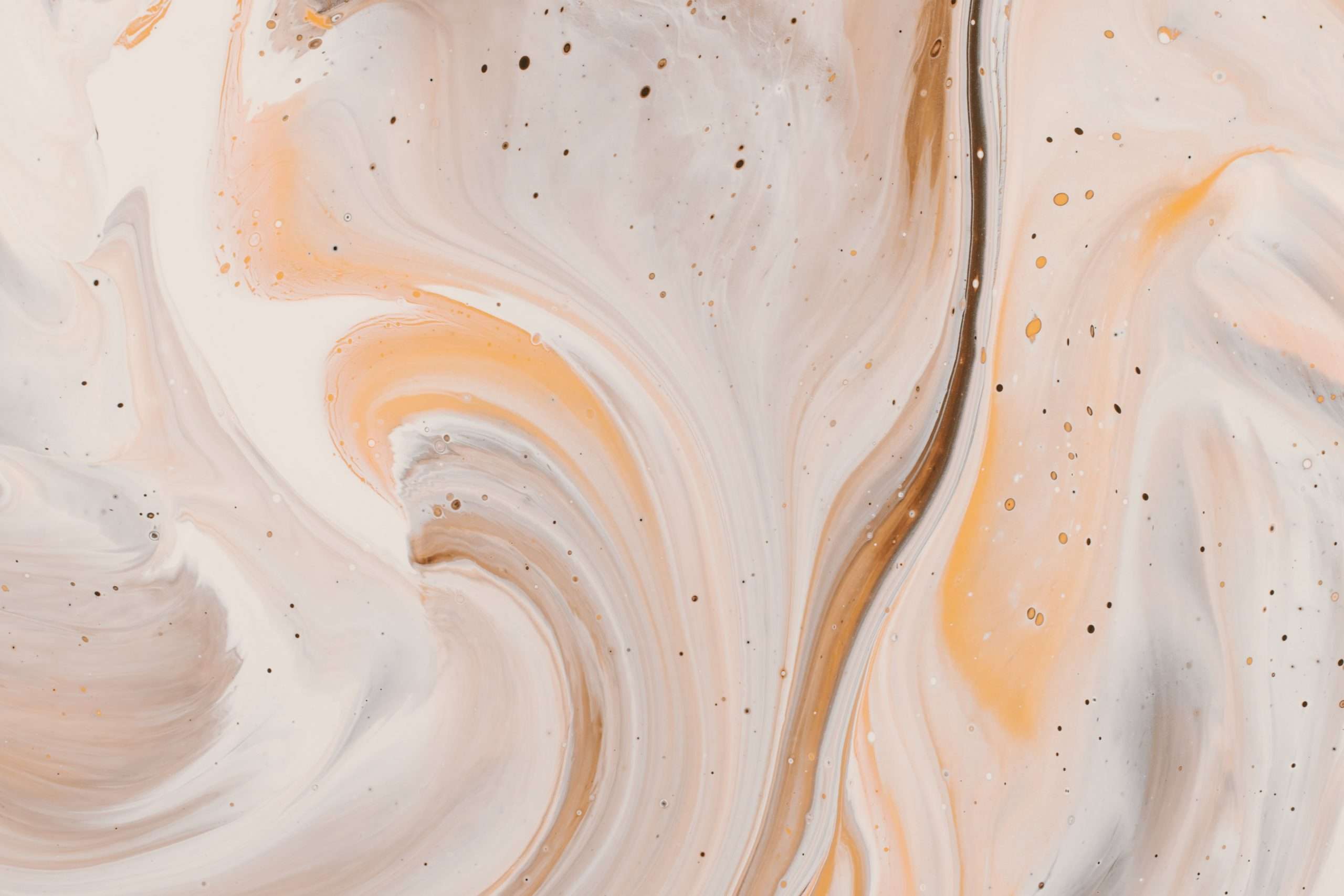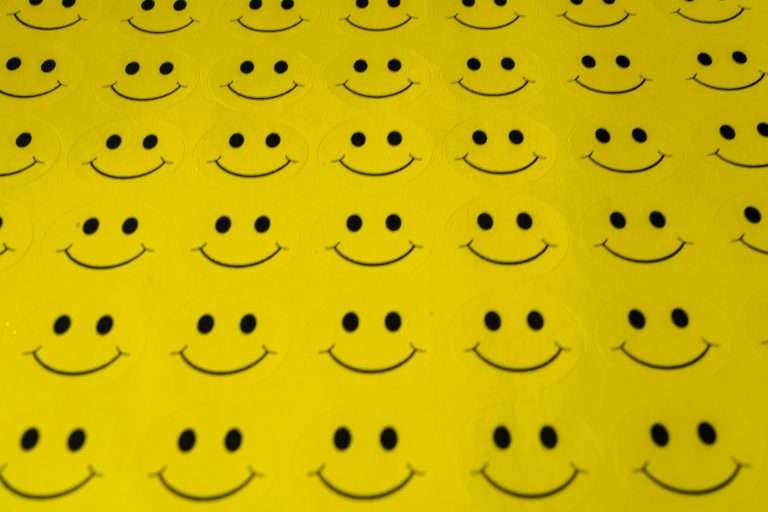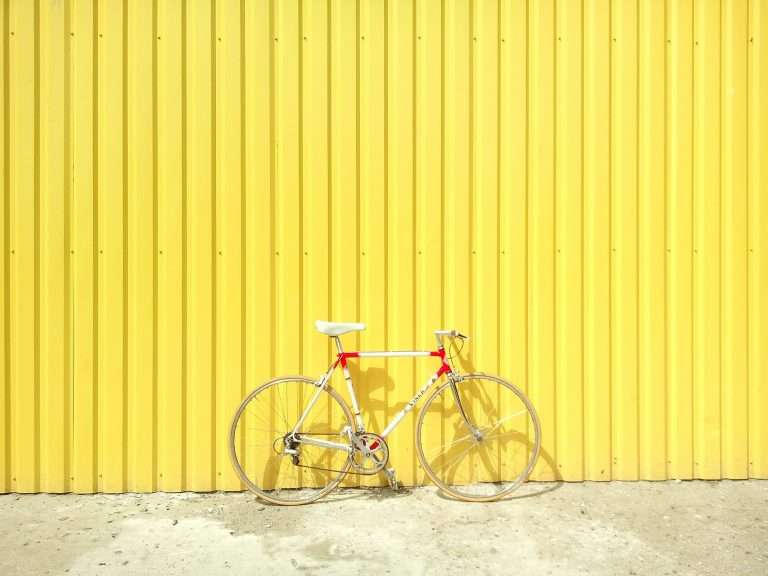Not many of us pay any attention to how we structure our leisure. Even the association of the words “leisure” and “structure” seems odd.
We like to treat our downtime as a pool of vast opportunities, where anything can happen and nothing is off-limits. But, let’s be honest, when anything can happen, we usually resort to the default option. By this I mean the habits and predispositions that are most available to us. They usually involve playing video games, exercising our thumb by scrolling on some social feed or mindlessly watching TV.
The problem with these activities is that they remove any agency and individualism from them.
We have to take leisure more seriously.
History
The Greek word for leisure is “skhole”, which later became the English word “school”.
Our conception of leisure has changed dramatically from what the Greeks meant. Aristotle even went as far as to argue that the whole point of education is to instruct people on how to use their free time wisely.
Nowadays, we don’t “work to live,” but “live to work” and this attitude has eroded our concept of leisure.
After the Industrial Revolution there arose a stigma toward non-work related activities. They were viewed as less desirable than spending time working. We can notice this effect in our current society, where “hustle culture” and “workaholism” are creating a generation of deeply unhappy, exhausted and confused individuals. We’ve put too much emphasis on work to fill every need we have in our life.
Why leisure is important
We’re masters of productivity systems and can color-block our calendars to perfection, but for the most part, we’re oblivious to the importance of leisure.
I love how the etymology of a word can offer us hints of a deeper meaning.
We sometimes refer to our free time as recreation. Notice the root of the word: re-creation. Through our free time we have the possibility to deliberately create ourselves. What we choose to watch or pay attention to, has the potential to shape us as human beings. Whether you choose to immerse yourself in a fascinating book or watch people dance on TikTok, you are allowing the activity to dictate your path as a person. If it sounds too serious, it’s because it is.
Leisure is the cultivation of our truest self. It means fully expressing ourselves as moral agents, who can make decisions and evolve. When we take this element away, we give all our power to external sources. We’re letting ourselves by shaped by the entertainment we watch and other content we consume.
We have habituated ourselves to disassociate leisure from learning. But as much as entertainment has its place, it cannot be a sustainable form of filling our free time, unless we pair it with education. As much as entertainment has its place and can loosen us up and relax us, it can quickly become a vacuous means of relaxation. When it’s overdone, it starts to erode our character, because we’re merely passive agents taking in whatever content is most accessible.
When it comes to work, some of us are fortunate enough to find a deep sense of meaning and satisfaction. But there are parts of our being that not even the most rewarding work can truly address. Our careers, at the very least, offers us stability and security: a means to pay the bills and ensure we have the necessary conditions for a decent life. Beyond that, we can cultivate other aspects of our existence: intellectual, spiritual, social.
We’re multifaceted beings and our work is only one dimension that can speak to our needs. Apart from that, we have our free time and of course, our social life. (And these two can be merged together for an enjoyable result.) Leisure can address the areas of our lives that aren’t touched by our work. Perhaps our work is deeply analytical and rigid and there’s no room for play and exploration. Or maybe we are in a creative field that doesn’t quench our thirst for abstract concepts. Whatever our situation, we can fill our free time with practices that enrich us in ways that aren’t available in other contexts.
Apart from the celebration of our interests, leisure serves as a period of relaxation and disconnection from work. It shouldn’t be overlooked how important it is to give our minds (and bodies) the necessary break from stimulation so they can “regenerate” and process all the demands we’ve put on them.
“No one who looks to leisure simply to restore his working powers will ever discover the fruit of leisure” (Joseph Pieper)
Benefits of leisure
Let’s catch our breath with a quick-fire list of the benefits (the good kind of) leisure can bring us.
- it replenishes your energy
- it facilitates new ideas and connections (our unconscious mind is working in the background on any unsolved problem)
- you get to discover and nurture different parts of yourself
- you get a more holistic understanding of yourself as a person
- creativity and play are engaged
- you expand your intellectual horizons
Basic principles
Instead of giving you a list of 100 things you can do with your precious free time, I’ll give you principles you can apply. These will guide you in deciding whether a certain activity is worthy in the first place.
1. Perhaps the most crucial factor in judging the quality of any endeavor is to ask: will this activity lead to growth or is it a mere time-filler? Basically, ask “What will I get out of this?” Some answers might include: I’ll learn something new, I’ll work on a skill, I’ll get to experiment with something.
Important note: Do not confuse this approach with wanting to quantify every activity by its end goal. Most of the time, there should be no predetermined result, but rather an enjoyment derived from the activity itself.
2. Is this an active or passive activity?
Many people tick the first principle with an activity that will lead to some growth, for example taking an online class on a subject they’re curious about. So far so good. But this is only passive consumption. It should be stated that there is a time and need for these activities too. So don’t just throw them out the window. Instead, recognize when they’re the bulk of your leisure, so you can balance them with something more hands-on.
3. Can this activity help me enter a flow state?
Mihalyi Csikszentmihalyi came up with this concept in the 1970s. An ideal flow state is when you’re completely immersed in what you’re doing. Your abilities are stretched beyond their limit, but not so much that you become anxious or frustrated. A crucial characteristic of flow is receiving immediate feedback from your environment and needing to adapt in order to continue “playing”.
So, optimize your leisure to allow for flow states. Playing an instrument or practicing a sport are great ways to enter a flow state.
Did you know? Researchers have been able to link being in a flow state often with more meaning in life and increased well-being.
(Don’t treat these rules as gospel, but view them as guidelines. They should serve only as a way to be more intentional with your leisure. The goal shouldn’t be checking off tasks from a list or trying to optimize your leisure. This article hopes instead to persuade you to take your leisure more seriously.)
The dimensions of leisure
To get a bit more concrete, it’s helpful to think about leisure in a 2×2 matrix. Activities can be categorized as follows:
Physical + Alone
This can include hiking, walking, working out, repairing something, practicing a skill.
Mental + Alone
This can include meditation, writing, reading.
Physical + Together
This can include group sports, hiking or volunteering.
Mental + Together
This can include board games, escape rooms, or any project-based endeavor.



